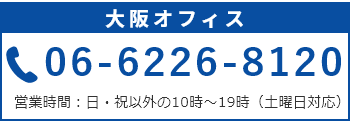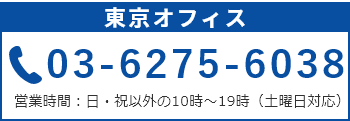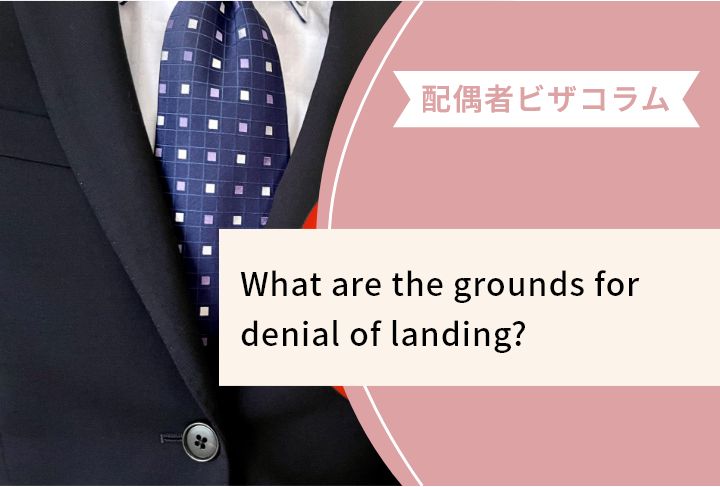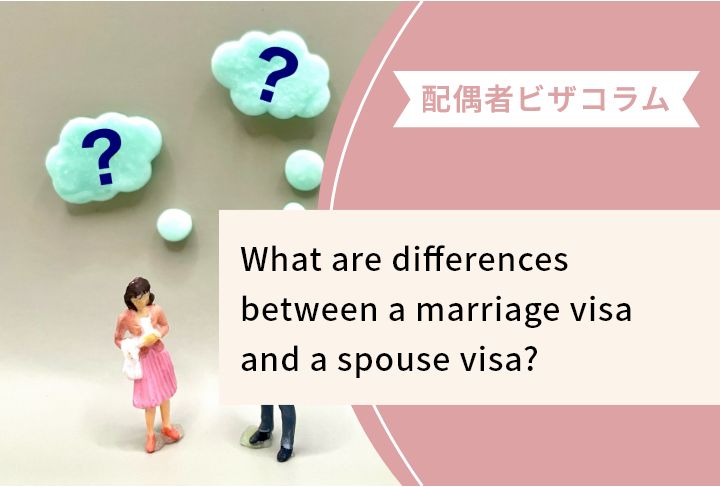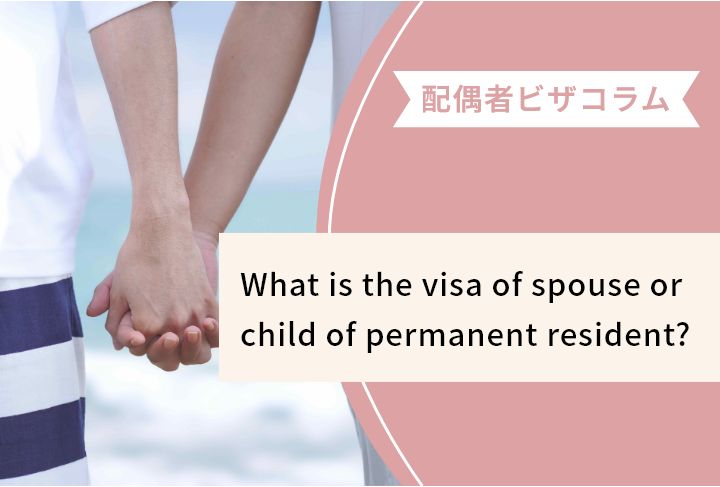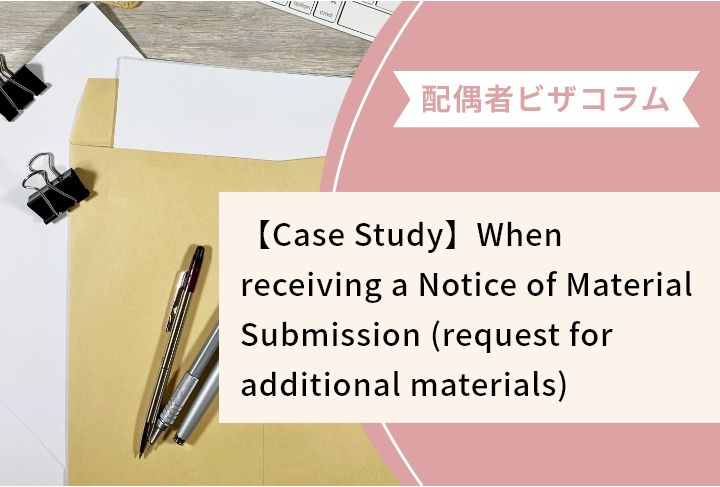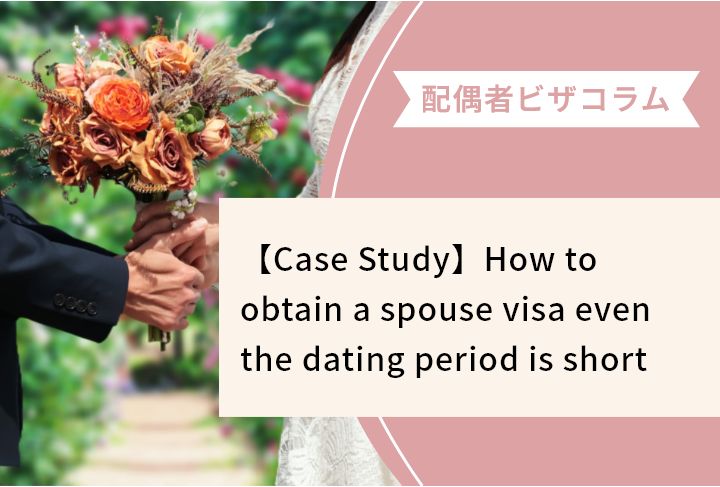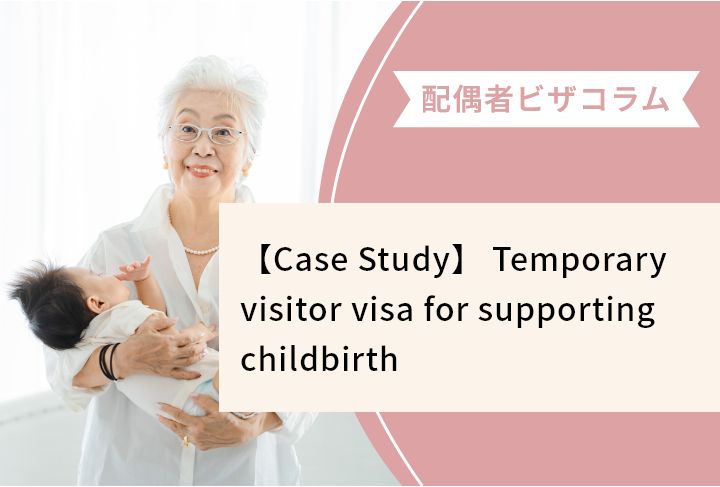What is departure order system?
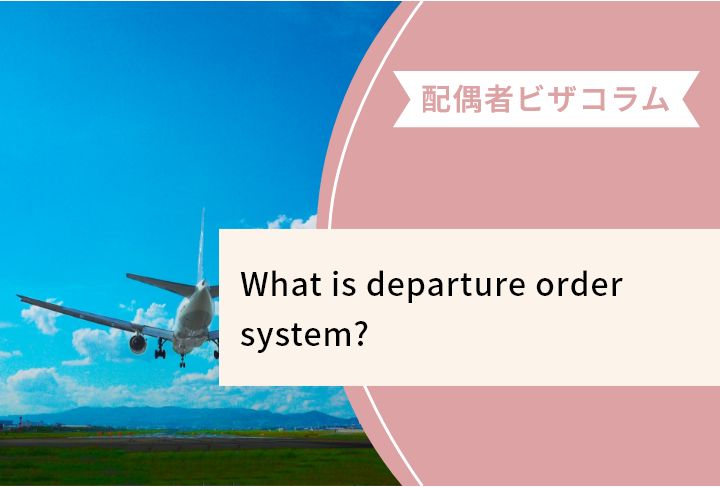
The departure order system is a system established along with the revision of the Immigration Act in 2004, by which the immigration authorities can order overstayers who meet certain requirements to leave Japan without deportation procedures stipulated in the Immigration Act.
If you are recognized as a foreign national subject to this departure order system, you can enjoy the following benefits:
a) You will not be legally detained;
b) You can depart from Japan with simple procedures; and
c) Period of denial of landing will be 1 year.
The departure order system enables illegal immigrants to leave Japan quickly and efficiently.
If you are recognized as a foreign national subject to a departure order, you can enjoy a number of benefits.
Now, let’s check the details of the departure order system.
Index
1. How to become subject to a departure order?
The foreign nationals are subject to a departure order when fulfilling all of the following items:
a) The foreign national has voluntarily appeared at an immigration office with the intention of departing from Japan promptly;
b) The foreign national does not fall under any other grounds for deportation;
c) After entering Japan, the foreign national has not been convicted of any designated crime such as theft, or sentenced to imprisonment or imprisonment without work;
d) The foreign national has no past record of being deported from Japan or of departing from Japan under a departure order;
e) The foreign national is expected with certainty to depart from Japan promptly.
1) a) The foreign national has voluntarily appeared at an immigration office with the intention of departing from Japan promptly
In order to be approved as a foreign national subject to a departure order, you must voluntarily appear at an immigration office (this is called “shutto-shinkoku” (i.e. declaration of charges)). So, if you are exposed by the immigration office or the police before voluntarily appearing at an immigration office, you are not considered as making a declaration of charges and will not be subject to a departure order. In addition, since it is necessary to have the intention of departing from Japan promptly, if you make a declaration of charges wishing to receive special permission to stay, you will not be subject to a departure order.
2) b) The foreign national does not fall under any other grounds for deportation
Foreign nationals subject to a departure order are limited to those who are overstaying in Japan beyond the designated period of stay.
Specifically, any foreign national who falls under any of the following:
Article 24 (ii)-3 (A stay beyond the grace period after the revocation of the status of residence)
Article 24 (iv) (A stay beyond the period of stay)
Article 24 (vi) (A stay beyond the period of special landing)
Article 24 (vii) (A stay beyond the period of stay without acquiring a status of residence)
So, cases like illegal landing or where a foreign national has received a criminal punishment are not subject to a departure order.
3) c) After entering Japan, the foreign national has not been convicted of any designated crime such as theft, or sentenced to imprisonment or imprisonment without work
If a foreign national, after entering Japan, has been convicted of any of the following crimes and sentenced to imprisonment or imprisonment without work, he or she will not be subject to a departure order.
Crimes in Part II of the Penal Code
Chapter XII Crimes of Breaking into a Residence, etc.
Chapters XVI through XIX Crimes of Counterfeiting of Currency, etc., Crimes of Counterfeiting of Documents, etc., Crimes of Counterfeiting of Securities, etc., Crimes Related to Unauthorized Creation of Electromagnetic Records of Payment Cards, etc., and Crimes of Counterfeiting of Seals, etc.
Chapter XXIII Crimes Related to Gambling and Lotteries, etc.
Chapter XXVI Crimes of Homicide, etc.
Chapter XXVII Crimes of Injury, etc.
Chapter XXXI Crimes of Unlawful Capture and Confinement, etc.
Chapter XXXIII Crimes of Kidnapping and Buying or Selling of Human Beings, etc.
Chapter XXXVI Crimes of Theft and Robbery, etc.
Chapter XXXVII Crimes of Fraud and Extortion, etc.
Chapter XXXIX Crimes Related to Stolen Property, etc.
Crimes in the Articles 1, 1-2 or 1-3 (except for the parts pertaining to Article 222 or 261 of the Penal Code) of the Act on Punishment of Physical Violence and Others
Article 1 Collective Assault, Intimidation, and Destruction
Article 1-2 Injury Caused by Gun, etc.
Article 1-3 Habitual Injury, Assault, Intimidation, and Destruction
Crimes in the Act for Prevention and Disposition of Robbery, Theft, and Other Related Matters
Article 2 Habitual Special Theft and Robbery
Article 3 Habitual Repeated Theft and Robbery
Article 4 Habitual Special Robbery Causing Injury and Rape at the Scene of a Robbery
Crimes in the Act on Prohibition of Possession of Special Picking Tools, and Other Related Matters
Articles 15 Sales and Conferment of Special Unlocking Tool
Article 16 Possession of Special Unlocking Tool, and Carrying of Designated Tool for Breaking into a Residence
Crimes in the Act on Punishment for Acts of Driving Causing Death or Injury
Article 2 Dangerous Driving Causing Death or Injury
Article 6 (1) Aggravation of Punishment in Case of Driving without a License
4) d) The foreign national has no past record of being deported from Japan or of departing from Japan under a departure order
The departure order system is a special system that allows foreign nationals to easily depart from Japan without taken into custody. So, the purpose of the law does not include allowing foreign nationals who repeat illegal stays in Japan to make use of this special system.
5) e) The foreign national is expected with certainty to depart from Japan promptly
It is necessary to secure the passport, return fee, transportation method, etc., which are necessary when returning to home country, but it seems that some countries do not allow to make passports in the state of overstay. In such a case, you will have to make a passport to return to your country at the consulate in Japan by submitting the “Confirmation of Appearance” (Appended Form 71-2 of the Ordinance for Enforcement of the Immigration Act) that you receive when you appear at the immigration office.
2. [Important] Comparison of departure order and special permission to stay
When you appear at an immigration office, you will be asked if you wish to return to your country or to stay in Japan.
We suppose that many people choose to wish to stay in Japan with a mere hope and without having accurate information. However, if you wish to stay in Japan and do not obtain a special permission to stay, you may end up with unexpected results, such as the period of denial of landing extended to 5 years.
It is very important to select the departure order system or special permission to stay after understanding the advantages, disadvantages, and possibilities of each system.
The following is a comparison of the advantages and disadvantages of the departure order system and special permission to stay.
| Departure order system | Application for special permission to stay | |
| Advantages | a) You will not be legally detained once approved as a foreign national subject to a departure order. b) You can depart from Japan with simple procedures after appearing at the immigration office. c) Period of denial of landing will be shortened from 5 years to 1 year. d) You can appear in accordance with your own schedule, and can apply after 1 year. |
a) You can keep staying if you get a special permission to stay. b) There is a possibility to keep your living environment. c) It is not limited to the cases of overstay. d) You can apply even if you are exposed or arrested. |
| Disadvantages | e) Re-entry after 1 year is not guaranteed. f) It is limited to the cases of overstay. g) You cannot apply if you repeat illegal stays h) There is no possibility to continue to stay. i) You must decide your intention to return at the time of the appearance. |
e) There is a possibility to take an unexpectedly long time before settlement. f) There is a possibility to be detained for a long time at the immigration office. g) If you cannot obtain a special permission to stay, the period of denial of landing will be 5 years or more. h) As you are not registered as a resident in Japan, you will have to pay the actual cost for medical treatment. i) You cannot work. j) You will be in a socially unstable position. |
3. [Important] Which one to choose, departure order or special permission to stay?
When you are overstaying and appear at the immigration office, you must decide whether you wish to return to your home country or stay in Japan. This is quite an important decision.
This is because once you decide to wish to stay, you cannot change to wish to return in the middle of the procedure, even if you are unlikely getting a special permission to stay. This is why you need to understand the advantages, disadvantages, and possibilities of each system before appearing at the immigration office.
Another issue is how you evaluate the possibility of special permission to stay. In order to make the decision, it is necessary to understand the Immigration Act, and also to consider from several aspects, based on professional knowledge, by comparing the possibility of re-entry to Japan after returning to your country and the possibility of obtaining special permission to stay, etc. You should not think easily that you have no problem because you are married with a Japanese or have children in Japan.
It may be difficult for non-professionals to make this decision, as it requires professional knowledge. In order to choose a safe path, we recommend consulting an expert.
Next, we will see how to select an expert.
We are often asked which one is better to consult, a lawyer or certified administrative procedures legal specialists. In our opinion, it is okay to choose either one as long as the person is specialized in immigration affaires. What is important is that the person specializes in immigration affaires.
If you make a mistake in the above decision, you may have to pay a big price. The period of denial of landing will be 5 years, while it could have been 1 year if you chose the departure order system. Please pay attention to this point.
4. Summary of departure order system
For those who are overstaying and for their families, it is an important decision whether to choose to return to home country or fight for continuous stay in Japan.
As mentioned above, once you make a mistake, the period of denial of landing will be 5 years, while it could have been 1 year. Contrarily, you may end up choosing to return to your country under the departure order system, not knowing that you were likely to obtain a special permission to stay.
The important thing is to get correct information.
You should actively collect information at first.
When collecting information, please make sure to get, not only the information on the internet, but also the opinions of experts who are familiar with the latest immigration practice.
You cannot remain as an overstayer.
Sooner or later, such violation will be discovered. In some cases, you may even be arrested.
Usually, the longer the period of overstay is, the longer it takes for the foreigner to reintegrate into society.
It is definitely better to decide to appear at the immigration office as early as possible.
Please do not waste your precious time of your life.
The departure order system is, so to speak, a beneficial measure for those who are overstaying.
If you are approved as a foreign national subject to a departure order, you can enjoy the benefits.
You will not be able to utilize the system of departure order, once you are arrested or exposed.
For those who aim to use the departure order system, we, Daiichi-Sogo Group, will accompany to the immigration office, to help them to receive approval for utilizing the departure order system. 1 year later, we will also help them to apply for a visa for re-entry to Japan. Actually, many of our clients have managed to re-enter Japan.
You may need courage for your first consultation, but you may still have many choices if you consult at this moment.
If you are concerned about overstay, please feel free to contact us.
We will listen to you carefully and propose you a way to solve your situation.



